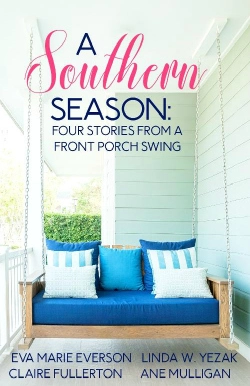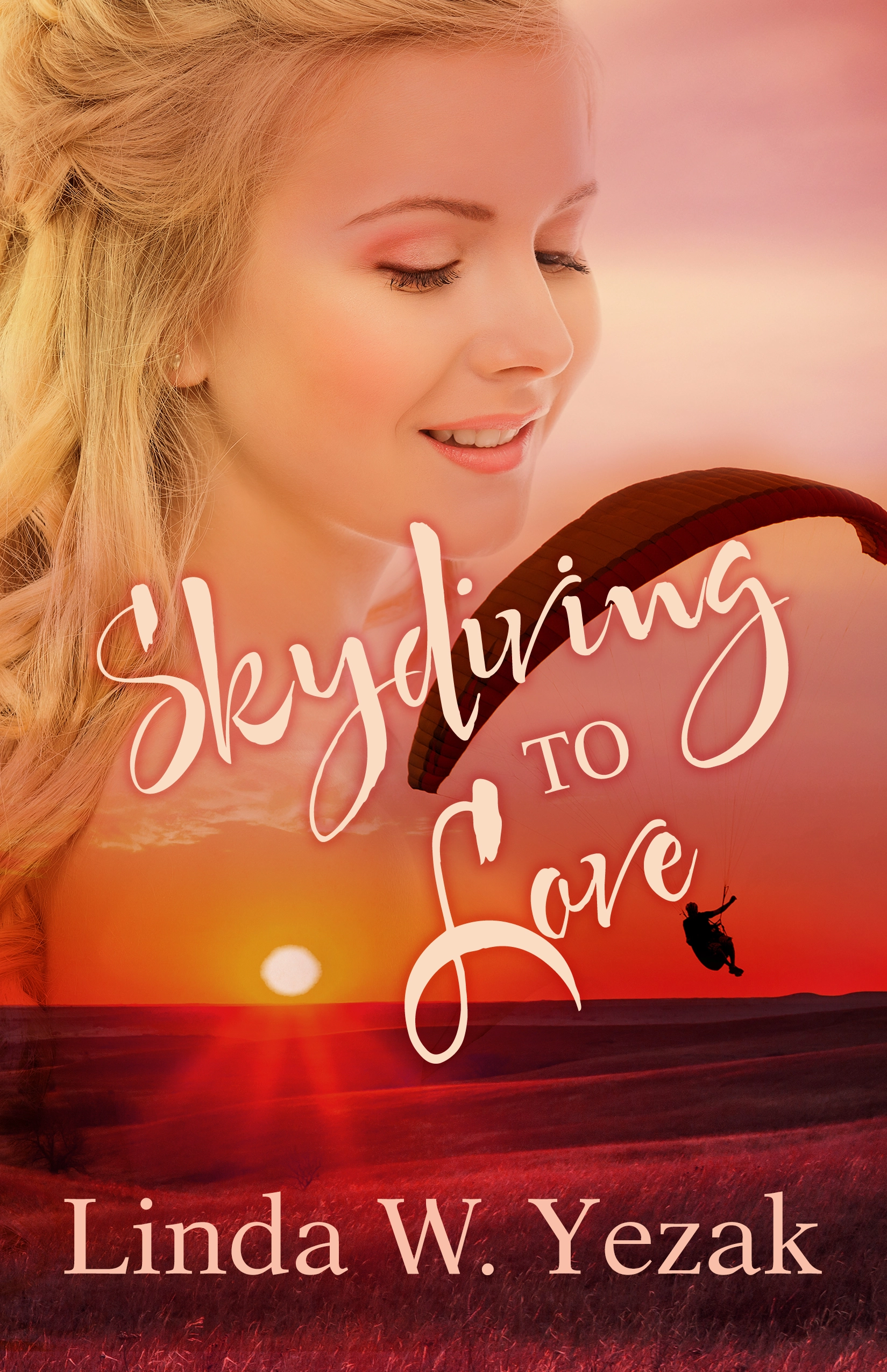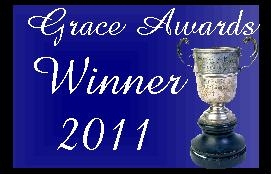 A friend is doing a massive favor for me and the other authors of a collection we’ve already released. She’s doing the copy edit we should’ve done to begin with.
A friend is doing a massive favor for me and the other authors of a collection we’ve already released. She’s doing the copy edit we should’ve done to begin with.
Even though I had already edited the bulk of the stories included in the collection, our friend is finding a gazillion mistakes. She says she hates going in and editing after someone else has edited because she’s afraid she’ll offend the other editor.
Far from the truth. Actually, it shores up my contention that manuscripts need at least two edits prior to release.
I’m primarily a content editor. My friend is a copy editor. The things that I pay most attention to pertain to the craft of writing; the things she pays most attention to pertain to the mechanics of writing. The mistakes she’s finding in our novellas pertain to the mechanics—things I tend to overlook as the first-round editor.
When it comes to sentence construction and punctuation, I tend to be more intuitive. I punctuate as I want the sentence read, because after all, that’s basically the function of punctuation. Periods draw the reader to a full stop; commas provide a pause; semicolons offer a pause between two complete sentences—but are unnecessary, in my opinion, if the sentences are short; and dashes insert parentheticals much more casually than parentheses for the purpose of fiction. My sentence structure tends to be written as I hear it in my head, regardless of whether it follows the rules.
Does this mean the rules are not important? Nope. Whenever my friend corrects my work, I realize that, for the most part, she’s right.
Although I’m not the “comma momma” that she is, I do know there are rules to punctuation, and I know how to find them. She’s just better with them than I am. Considerably better, which is why she’s the newest addition to my team. She catches me when I’ve hyphenated words that are supposed to be either two separate words or are actually one word (I’m learning to look up things more often now). She also catches sentence construction that is off and needs to be rearranged. She is exceptional at what she does.
Still, after she has edited one of my pieces, I go through and determine the revisions based on a simple concept: Does her correction coincide with the way I want my sentence to be read? The majority of the time, the answer is yes. On the rare occasions the answer is no, I have to decide whether her way reads better and/or provides more clarity. Sometimes I rewrite the sentence; sometimes I overrule her. I’m the author. I have that right. Sentence construction is part of what illustrates my voice.
I have certain peculiarities in my writing, techniques I use periodically to indicate how I want something to be read, that she’s forever marking and I’m forever ignoring. It has more to do with the pace and rhythm of the work or the character’s illustrated personality than it does with the correctness of the sentence construction.
But that doesn’t give me carte blanche to ignore my editor. For one thing, my techniques are not to be used frequently throughout a piece or they’d lose their effectiveness and become a distraction. The second point is this: We are to write to our smartest reader, and that reader would not appreciate a piece in which the mechanics of writing are constantly ignored as if the novel were written by a first-grader.
The American population has slipped considerably from the use of proper grammar. If you don’t believe me, just ask whomever is closest to you to determine the usage differences of “who” and “whom.” But though we’re more casual, we still have rules of writing. As is true with everything we write, we authors are blind to our own mistakes—including those a copy editor could catch. Even if we know the rules, we sometimes don’t see when we’ve missed them.
Editing is the most expensive part of indie publishing, but it’s vital. If you’re a serious writer, you already know this. You plan ahead and save for it, or you suck it up and pay the bill outright. You can also make payment arrangements with your editor.
Or you can do as I did and network with professionals you can exchange favors with or at least earn discounts from. Best place to do that is in professional writers organizations. Each genre has its own group. Seek it out and spend the time and money necessary to join and participate. Gain friends and team members. It’ll save tons in the long run, not to mention all the other benefits inherent in belonging to a professional organization.
Free advice: However you arrange to pay for it, don’t limit yourself to one edit.


















Great advice. I agree, Linda. I hired a content editor and a copy editor. It made all the difference in the world!
LikeLike
Yes! Testify, sister! I’ve been preaching forever that folks need more than one editor. Thanks for sharing!
LikeLike
Excellent article. And might I add, a critique group with writers at different stages of their writing development is also a good resource for copy and content editing.
LikeLike
Especially if some of them are professionally trained and are familiar with the Chicago Manual of Style. Members like that should receive special treatment!
LikeLike
Someone has finally said it: “We are to write to our smartest reader.” Thank you! Thank you!
LikeLike
Actually, I got it from Brandilyn Collins. The idea stuck in my head as making perfect sense and being a great strategy.
LikeLike
“… manuscripts need at least two edits prior to release.” Well said, I could not agree more.
LikeLike
🙂
LikeLike
Reblogged this on JUBILEE WRITER and commented:
This is a great reminder. Hope all of you find Linda’s honest confession as helpful as I did. Thank you Linda for allowing me to repost this.
LikeLiked by 1 person
In my critique group there is a lovely woman who is a punctuation queen. She finally looked at me one day and said Heather do you even know the difference between an m-dash versus an n-dash? No absolutely not was and is my answer on that. I need help and am unafraid to say so.
LikeLike
I know what you mean. Knowing the difference between a dash and a hyphen is as far as I go.
LikeLike
Pingback: The Importance of the Copy Edit | Linda W. Yezak | Odd Sock Proofreading & Copyediting
Pingback: Share the Love ~ August – Gail Johnson